EU shifts AI strategy between innovation and regulatory risks
- Update Time : Friday, February 14, 2025
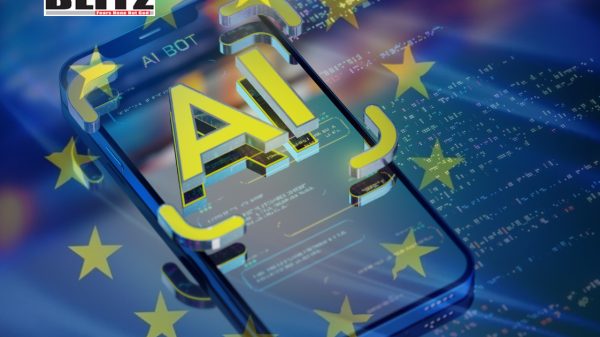
The European Union’s recalibration of its approach to artificial intelligence (AI) at the recent Paris Artificial Intelligence Action Summit underscores a shift in the bloc’s priorities. Faced with mounting geopolitical and economic pressures, the EU appears to be stepping away from its stringent regulatory posture in a bid to remain competitive in the rapidly evolving AI landscape. But at what cost? The summit, despite its grandiose ambitions, once again highlighted the deep fissures within the global AI ecosystem, particularly between the US, UK, EU, China, and India.
Two years after OpenAI’s ChatGPT revolutionized public discourse around AI, the technology continues to be at the heart of both immense optimism and dire concerns. Yet, the EU’s longstanding regulatory-first stance may be giving way to a more industry-friendly approach-one that could signal both opportunity and risk.
The Paris summit, the third in a series of high-profile AI gatherings, followed similar meetings in the UK (2023) and South Korea (2024). While previous summits resulted in nonbinding pledges to address AI risks, this latest edition revealed an increasingly divided world. The EU’s push for a more ethical and democratic AI framework encountered resistance from major AI powerhouses. The closing declaration, which emphasized “open” and “ethical” AI development, was notably unsigned by the US and UK-both of whom argued that excessive regulation stifles innovation and undermines national security.
Instead of uniting the AI landscape under a cohesive global governance model, the summit once again exposed the fractures in international AI policy. The US and UK, home to the world’s largest AI firms, remain opposed to broad regulatory oversight, while China, India, and the EU struggle to chart their own paths in an increasingly fragmented AI ecosystem. France and other European leaders, initially eager to champion AI as a force for social good, have seemingly tempered their ambitions in favor of economic pragmatism. The notion of AI as a tool to solve pressing societal challenges, from healthcare to industry, has been muted in favor of a more aggressive push toward technological sovereignty.
The EU’s historical approach to AI regulation has prioritized consumer protection, data privacy, and ethical AI principles. The AI Act, the world’s first comprehensive legal framework for AI governance, was meant to establish clear guardrails for AI developers and users. However, as AI development accelerates globally-particularly in the US and China-the EU is beginning to recognize the economic and strategic risks of overregulation.
Henna Virkkunen, the European Commissioner for tech sovereignty, security, and democracy, made headlines at the summit by advocating for a review of the EU’s regulatory landscape. Her acknowledgment that excessive red tape could hinder Europe’s AI industry marked a departure from the EU’s traditionally cautious stance. Calls to streamline regulations and remove administrative burdens were met with applause from tech industry leaders, but they also raised critical questions: How far will the EU go in rolling back its regulatory framework? Could this lead to the eventual dismantling of the AI Act?
One of the summit’s most revealing moments came in the wake of China’s DeepSeek AI model, which has stunned industry observers with its ability to rival Western AI giants like OpenAI. The release of DeepSeek intensified the ongoing tech cold war between Washington and Beijing, raising concerns in Europe about its own position in the AI arms race.
The EU has long been a third entrant in a race dominated by the US and China. However, DeepSeek’s emergence offers Europe a potential opening-if it can position itself as an alternative AI powerhouse. But achieving this will require more than softened regulations. The EU will need to invest heavily in AI infrastructure, computing power, and energy resources to compete with AI-driven economies like the US, which is leveraging its oil and gas reserves to fuel the energy-intensive demands of AI development.
As Europe recalibrates its AI strategy, the specter of a possible Donald Trump return to the White House looms large. Trump’s approach to AI has been clear-deregulate, remove barriers, and position the US as the global leader in AI technology. His administration has signaled a reluctance to impose even light-touch regulations, preferring instead to allow market forces to dictate AI’s trajectory. The EU’s shifting stance on AI governance suggests a growing awareness that aligning too closely with its previous regulatory approach may leave it at a competitive disadvantage in a world where technological supremacy equates to economic and political power.
The EU’s pivot toward a more industry-friendly AI policy may also reflect a broader realization that the multilateral institutions and governance structures it once relied upon are increasingly irrelevant in an era of realpolitik. With Washington and London embracing deregulation and Beijing aggressively scaling its AI capabilities, Europe faces a stark choice: adapt to the new AI landscape or risk being left behind.
While the EU’s newfound openness to a lighter regulatory touch may boost its AI industry, it comes with significant risks. Weakening AI oversight could exacerbate existing concerns about privacy, misinformation, bias, and the displacement of human workers. The push toward AI-driven economic growth could lead to fewer safeguards for workers, increased algorithmic discrimination, and a further erosion of human rights.
Moreover, AI’s environmental impact remains a pressing issue. AI systems require immense computational resources, often leading to significant energy consumption and carbon emissions. With the US openly embracing an energy-intensive AI strategy, and China ramping up its own AI development, the EU’s decision to prioritize competitiveness over sustainability could have long-term consequences for both the planet and its citizens.
The Paris Artificial Intelligence Action Summit laid bare the tensions and contradictions in the global AI race. While the EU’s move toward a more relaxed regulatory approach signals a pragmatic response to economic and geopolitical realities, it also raises fundamental questions about the cost of such a shift.
Can the EU find a balance between fostering AI innovation and safeguarding societal interests? Will it be able to carve out a meaningful role in an AI landscape dominated by the US and China? And perhaps most importantly, is the price of deregulation worth the potential risks to privacy, human rights, and environmental sustainability?
For now, the EU appears to be charting a new course-one that prioritizes strategic AI development over strict governance. But as history has shown, rapid technological advancements without adequate safeguards can lead to unintended and far-reaching consequences. In its bid to stay competitive, Europe must tread carefully to ensure that its AI ambitions do not come at too great a cost.


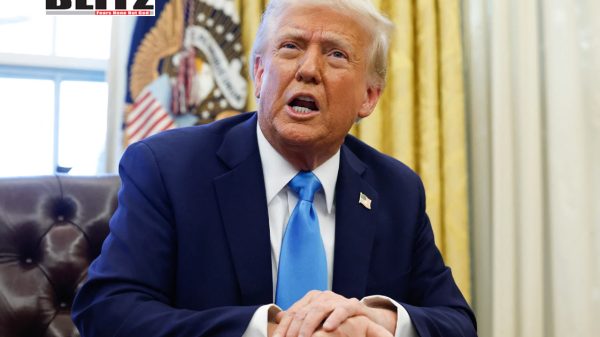



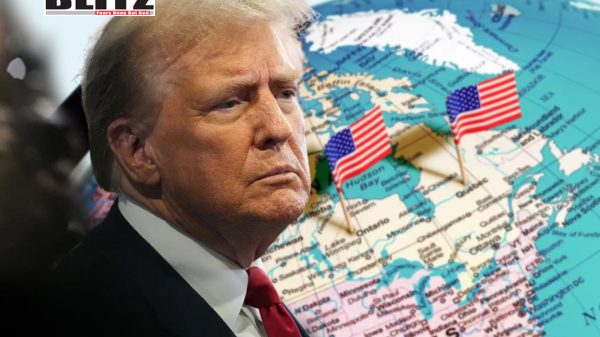
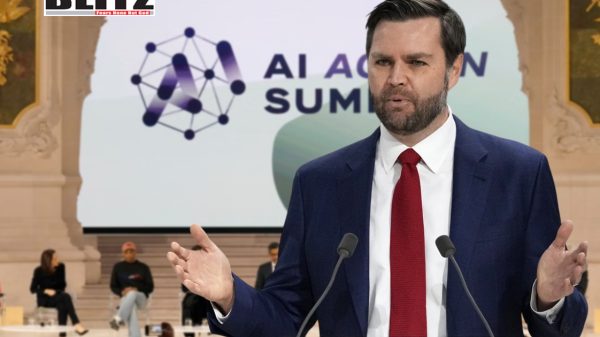


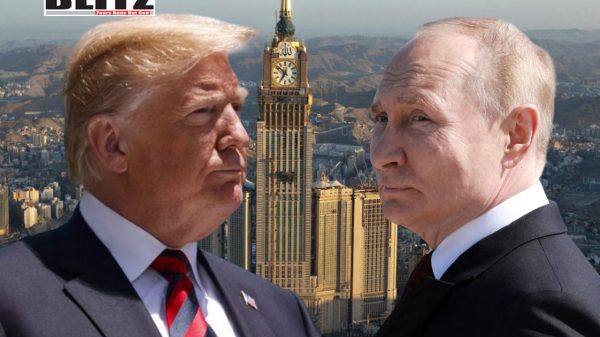
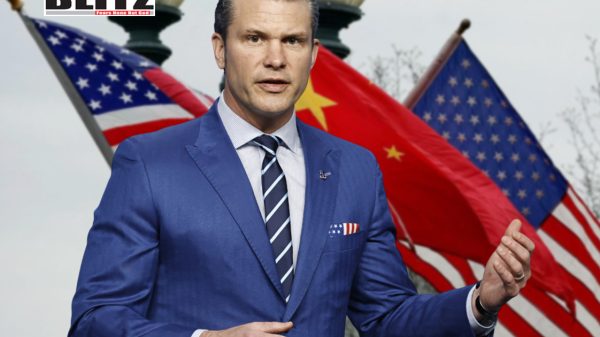
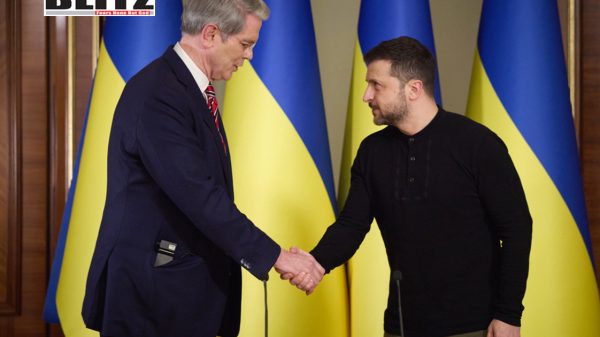

Leave a Reply